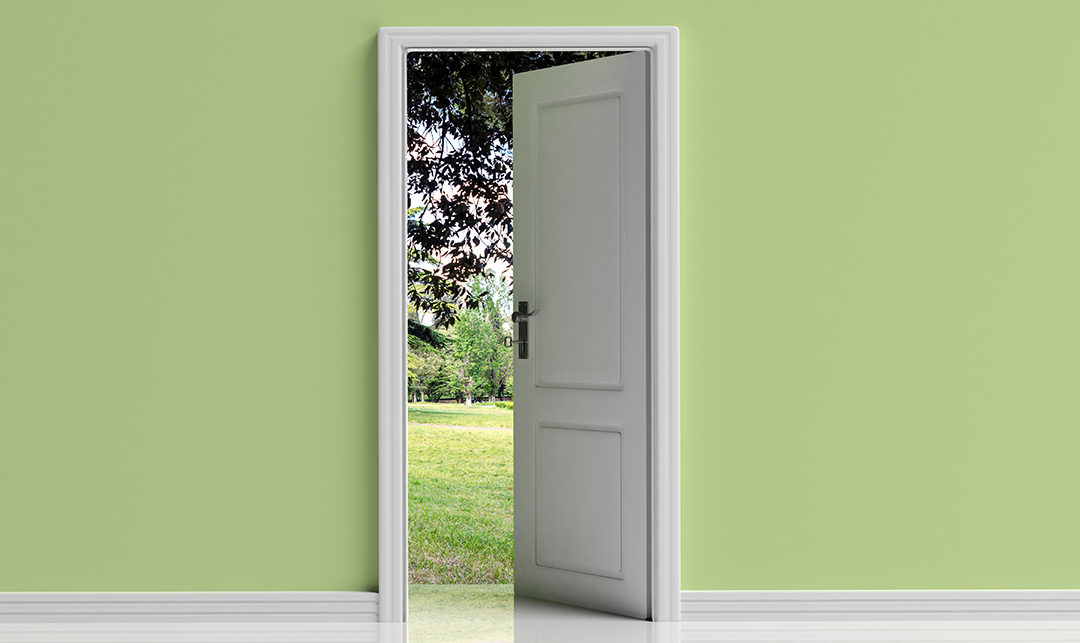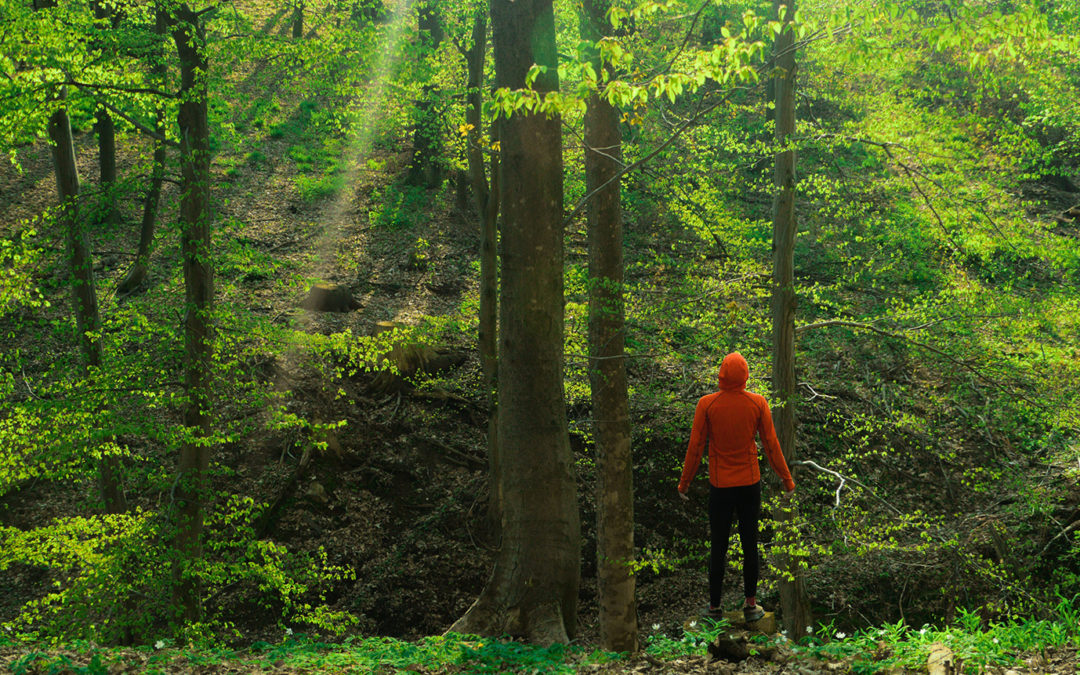
Hats Off to Student Regents – Office Hours
Hats Off to Student Regents
Let’s start with the big news: Ted Carter has announced that the University of Nebraska is planning on starting classes in-person in the fall.
The University is doing the groundwork to ensure that when we do open again, it’s in a healthy and responsible way. I think this is a good development, as it’s building on a positive (and informed) outlook and also gives students something to be excited about.
Of course, we are prepared to shift gears should the need arise, and the safety of our community always comes first. But I think what this signals is that we’re dedicated to our students, we’re serious about providing the very best education, and that we are adaptable enough to deal with issues as they arise.
This is something that we’ve been thinking about a lot lately, especially as we continue to get feedback (within Nebraska, but also across the country) that some college freshman are planning to take a gap year if they have to go virtual in the fall. We’re seeing the same kind of consideration going on with high school seniors.
It’s not on us to tell students what they should do – every person needs to make that choice individually. It is on us, however, to give students a good reason (or five, or twenty) to continue their education.
Speaking of students who continue their education, I’d like to take a moment to highlight some truly extraordinary student regents.
They have added such a dimension to our work that we really owe them a big thank you.
For those who don’t know, a lot of universities don’t actually have student regents, and the few that do have them don’t usually let them sit with the university regents in votes. Even though their votes don’t count in a decision, they are an invaluable part of this process. They also worked hard this year within the Board to advocate for needed changes related to Regent Scholarships.
What has really impressed me is how seriously they take their job, how dedicated they are to learning governance. They’ve contributed in this exceptional way, all the while maintaining an incredible level of academic work. They take on so much.
This last month we held the last meeting with our current student regents. There’s a tradition that in the final meeting, we regents do a proclamation that highlights each of our student regents, after which they have a chance to make a remark. This year those remarks ranged from singing their campus’s fight song to reading an original poem.
In June we will meet the new student regents who head student government on each campus, and while I’m excited to meet them, I want to take a moment to celebrate these wonderful people:
Emily Johnson (UNL)
She graduates in May with majors in Political Science, Spanish and a Global Studies. She is headed to Spain for a Fulbright Scholarship and will start Harvard Law School in Fall 2021. She is from Lincoln, Nebraska.
Nicole Kent (UNK)
She graduates with a Biology major in May and will start medical school at UNMC. She is from Benkelman, Nebraska.
Keith Ozanne (UNMC)
He will graduate in May from UNMC medical school and heads to University of Utah for his residency. He is from Lincoln, Nebraska.
Aya Yousuf (UNO)
You may remember Aya from one of my Live Office Hours sessions. She starts her junior year at UNO with majors in Political Science and Economics. She is from Omaha, Nebraska after immigrating from Iran in 2010.
To our outstanding student regents: thank you. I can’t wait to see where your journeys take you!
*Barbara’s thoughts as written by Kate based on weekly (fascinating) conversations.





